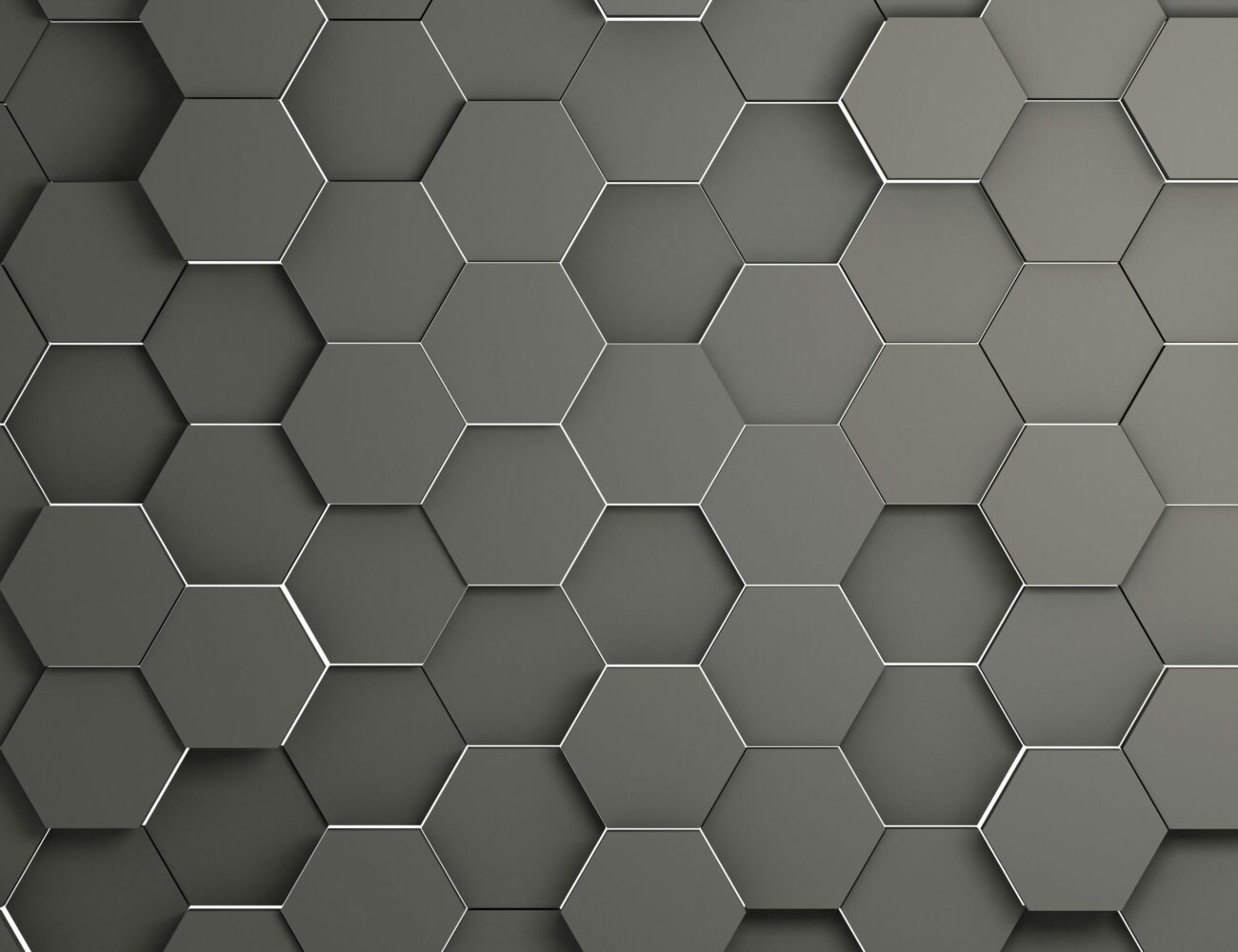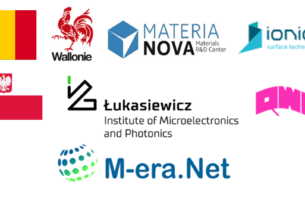

I4BAGS
Start of the project: 01-09-2022
End of project: 31-08-2025
The growing global demand for more efficient communication systems and better energy management has driven technological breakthroughs and cross-disciplinary scientific efforts, fostering research and innovation towards increasingly complex material architectures in devices and components.
This has required new, often more restrictive, processing specifications to create gentler operating conditions and prevent damage to various materials and their respective interfaces.
The I4BAGS project aims to develop innovative surface and interface treatment solutions for applications in microelectronics and solid-state batteries. The explored treatment technology is low-energy (keV) ion implantation. The use of this technology is motivated by the diversity of available precursors, energy specifications compatible with the unique nature of the materials and interfaces to be treated, and the need for better control over their properties to achieve enhanced performance and/or greater stability. The relevance of this technology will be validated through two case studies:
SiC structures with epitaxial graphene, developed by the Polish partner institute (IMIF), for diode and Hall effect sensor applications operating at high temperatures.
Thin graphite-based, organic and ionically charged, and metallic layers functionalized with 2D materials, for solid-state battery applications.
Various characterizations will be carried out by the partners, including the development of microwave and millimeter-wave methodologies by the Polish SME QWED.
Objectives and Role of Materia Nova
Within the consortium, Materia Nova is responsible for the fabrication of thin layers constituting battery elements and their characterization. Materia Nova also contributes to defining the ion implantation protocols, in collaboration with Ionics, for treating thin layers and structures developed by the Polish partners.
The Consortium
The I4BAGS project is coordinated by Lukasiewicz-Institute of Microelectronics and Photonics (L-IMiF) in Poland, with partners including QWED Sp. z o.o. in Poland and Materia Nova and Ionics SA in Wallonia, Belgium.
